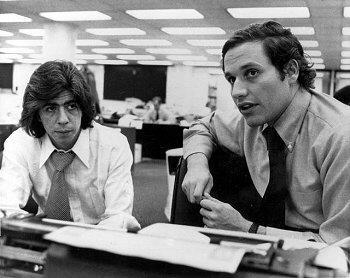Edited by Lydia Dallett
Limiting US Milk Powder Purchases Is a Slap in Our Face
When Yili Milk (a Chinese milk powder brand) was found to contain an abnormal level of mercury content, the claim that its milk powder was the best became a joke. Following the incident, the price of imported milk powder soared to four times the price sold in the products’ country of origin. The Co-Chairman of Milk Association, Kun Song said, “My grandson drinks Chinese milk,” which had zero effect in changing Chinese consumers’ demand for foreign milk powder. When Chinese consumers swarmed like locusts upon foreign milk power, the statement that Chinese infant formulas have the highest standards in the world became ridiculous to most people.
When the main authorities of Chinese milk products, milk-product associations and milk producers, tried to restore Chinese consumers’ confidence in domestic milk products by shouting their names and [boosting their] reputations, the U.S. issued a milk powder purchasing limit against Chinese consumers — a slap in the face not only to Chinese consumers, but also to Chinese milk producers and authorities.
The purchasing limit is indeed bad news for Chinese consumers. Though American sellers initiated the limit themselves, its implementation is still loose. Nonetheless, if the limit is expanded and implemented strictly, Chinese consumers will be pushed into a dilemma in which they cannot buy foreign milk and do not want to buy Chinese milk. But milk powder is a necessity for children, and parents will eventually be forced to buy either Chinese milk powder or foreign ones, but with a very high price. From the perspective of consumer preferences and real choices, the majority of parents would rather pay a higher price because money is nothing compared to their children’s health.
When foreign sellers issue milk powder purchasing limits against Chinese consumers, Chinese milk enterprises and authorities should not be satisfied with, or take advantage of, the outcome. Instead they should feel embarrassed and ashamed. The dilemma that Chinese consumers are currently in is exactly the result of [the milk authorities’] lack of efforts and quality control. If their quality was able to withstand testing, and supervision was strict, how could milk powder scandals such as melamine-powder and synthetic leather milk have happened? If there were no such scandals, why did Chinese consumers abandon domestic products and favor foreign milk? Again, if Chinese consumers did not swarm like locusts to buy foreign milk, why did foreign sellers put a limit on milk purchases by Chinese consumers?
When Chinese milk authorities tried endless ways to stimulate domestic demand, foreign sellers, on the contrary, limited their supplies. Such a strong contrast does not demonstrate company strategies. Rather, it shows the gap in company morals and product quality between the two countries, as well as the pros and cons of the sense of responsibility and effectiveness of implementation by the two countries’ authorities.
Foreign sellers were able to limit their supply because they are confident about their products. Chinese milk powder producers continually blow steam about their products’ quality, showing exactly how uncertain they are. The saying goes, “merits represent the past, and problems affect the future.” It is better for Chinese milk producers to mention less about their merits and focus more on solving their problems. The producers should not laugh at Chinese consumers’ rejection by the U.S. market or be thrilled by the consumers’ return, thinking that business opportunities have just arrived. The producers should realize that Chinese consumers will still buy foreign milk powder if domestic milk products still experience problems every two or three days

